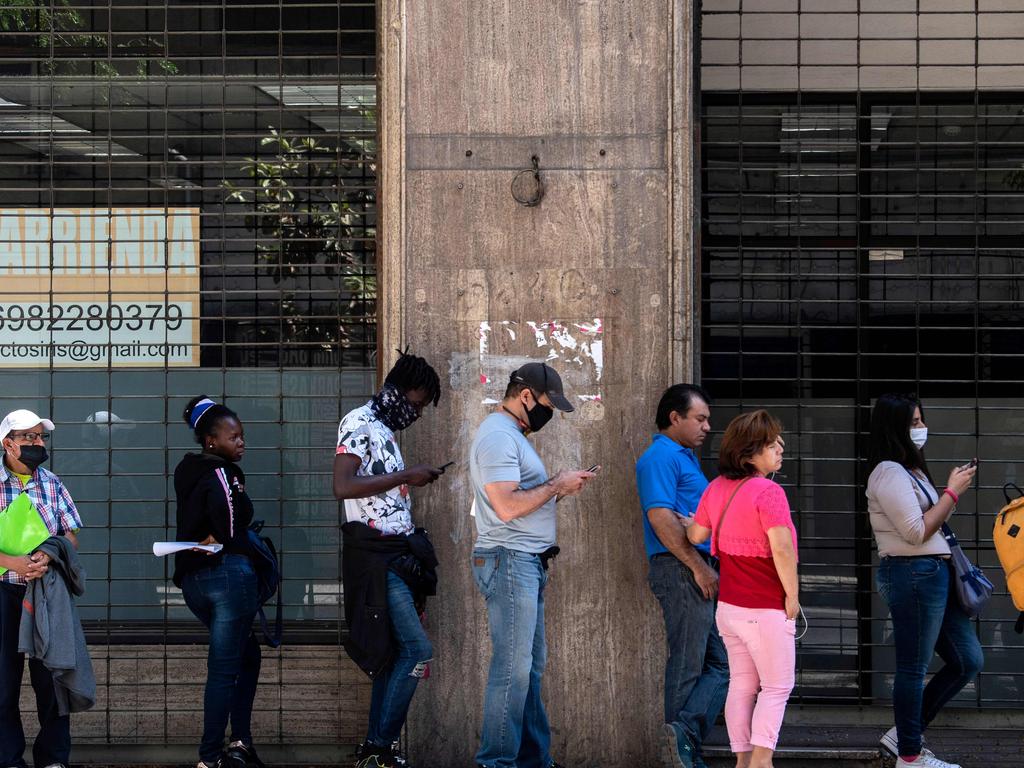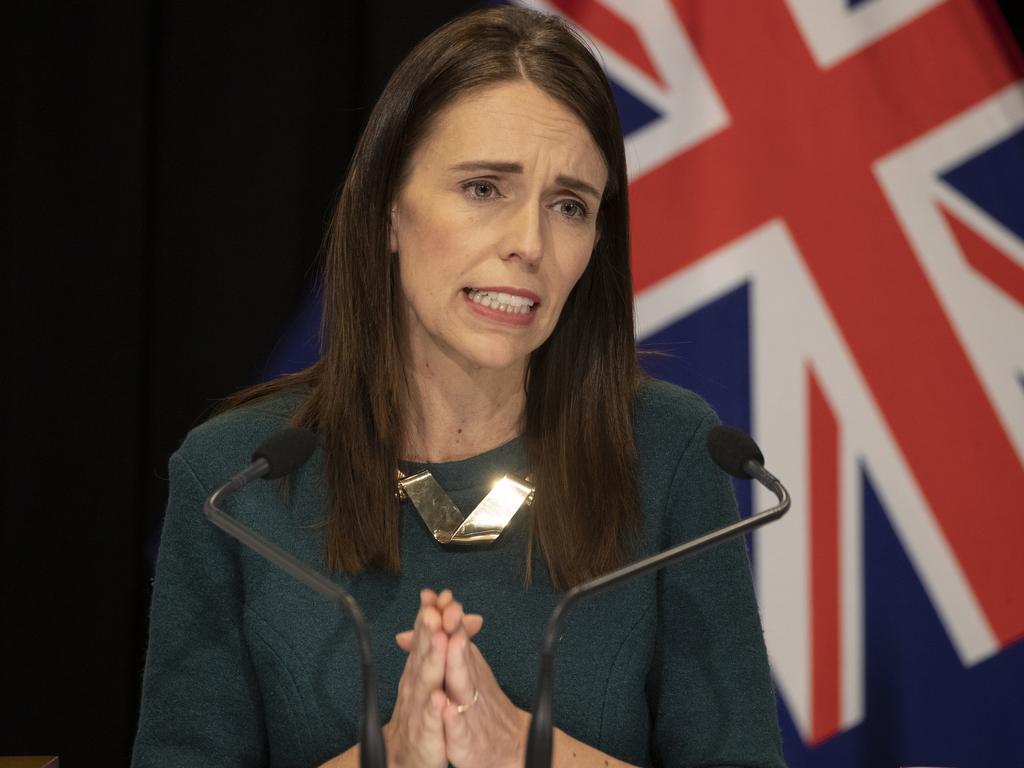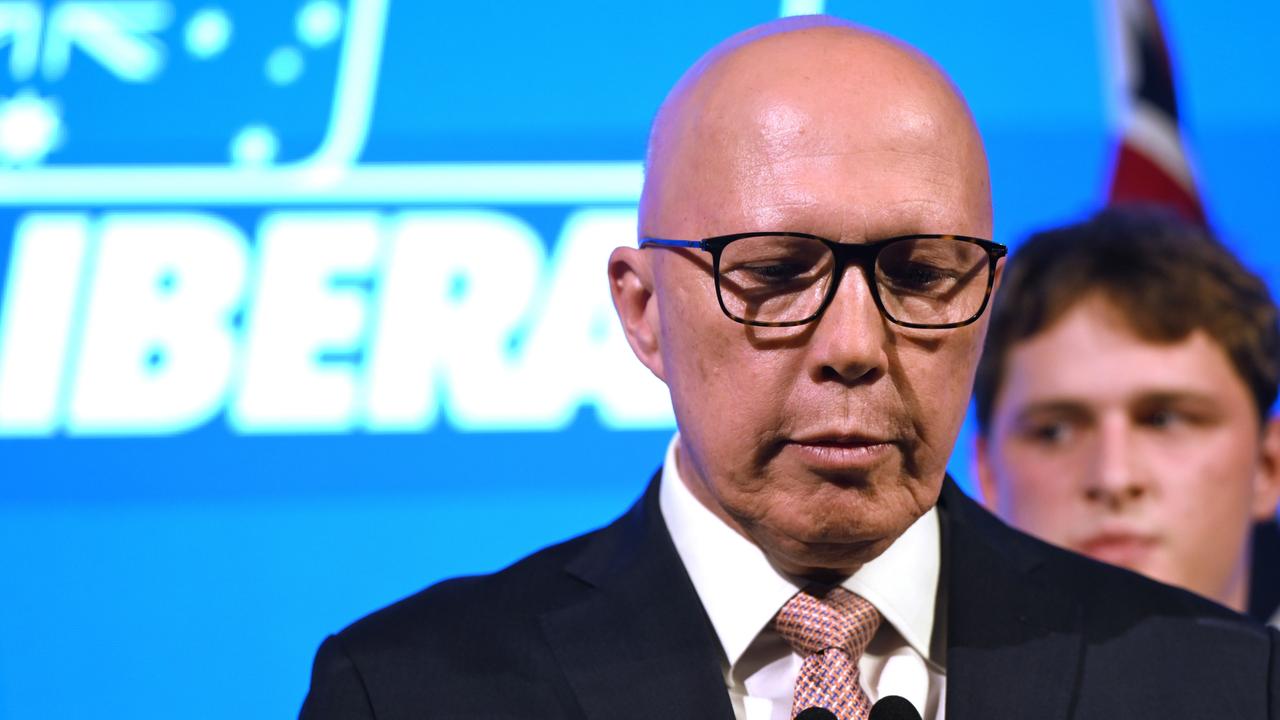Coronavirus: Casuals’ money for jam from wage plan
Up to one million casual workers could receive a major financial windfall under the $130bn JobKeeper package, new data shows.

Up to one million casual workers — including high school and university students — could receive a major financial windfall under the $130bn JobKeeper package, new data has revealed, as the government brokered a high-level deal with the ACTU over its landmark wage subsidy scheme.
Intensive discussions between Industrial Relations Minister Christian Porter and ACTU secretary Sally McManus on Monday afternoon resulted in key changes to the government’s draft legislation amending the Fair Work Act.
The changes are aimed at addressing union concerns with the $1500 fortnightly JobKeeper payments, which the government will make to businesses suffering a major drop in revenue as a result of the COVID-19 pandemic.
Unions had objected to the government’s plan to administer the payments through a “catch-all” change to the Fair Work Act, arguing this approach would not give workers a reasonable chance to object to reductions in their hours or resolve disputes.
The union movement and Labor were pushing for changes to individual awards through the Fair Work Commission, but ACTU sources revealed on Monday night the government’s amendments would ensure working people were “appropriately safeguarded”.
The compromise was negotiated directly by Mr Porter and Ms McManus, who have developed a close working relationship throughout the crisis. Senior government sources were confident the legislation would be finalised by Tuesday morning.
Under the JobKeeper scheme, charities are eligible if they suffer a 15 per cent drop in revenue, businesses with a turnover of less than $1bn are eligible if they experience a 30 per cent slide and major companies with a turnover of more than $1bn are eligible if they are hit with a 50 per cent turnover slump.
Data compiled by the Australian Bureau of Statistics for The Australian shows that 65 per of casual employees who have been with their employer for at least 12 months earned less than $1500 a fortnight as of last August. This represented a total of 990,000 workers. A further 530,000 casuals earned more than the $1500 fortnightly amount — meaning that under the government’s scheme, they may be forced to take a pay cut if their employer was deemed eligible.
More recent data from February this year showing how long casuals had been with their employer revealed that of the 2.64 million total casual workforce, 1.62 million or 61 per cent met the 12-month threshold and would receive the wage subsidy if their employer met the turnover threshold. About 1.02 million casuals would not qualify.
Council of Small Business Organisations Australia chief executive Peter Strong said the data showed there were more casuals who would be better off than worse off under the JobKeeper payments. He said that in some cases, casuals — such as 16-year-olds who worked a few hours a week for a bakery while they finished high school — could receive more than double the amount they were earning now.
As federal MPs prepared to consider the JobKeeper package on Wednesday, Mr Porter said the wage subsidy scheme was “parliament’s Dunkirk moment”, getting economic lifeboats out to “save jobs”. He conceded that some people who earned less than $1500 and would become the subject of the payment would “find that their wage in effect will increase, some of them quite dramatically to $1500”.
Mr Porter was due to brief Labor on the revised legislation on Tuesday, with the opposition confirming it would vote for the package despite the government refusing to deliver the payments via Anthony Albanese’s preferred mechanism of the Fair Work Commission.
Responding to criticism from Labor and the unions over the exclusion of more than 1 million casual workers who had not been with the same employer for at least 12 months, Mr Porter said the proposal from Ms McManus was “too broad and ill-defined”.
Mr Porter also defended the government’s proposed changes to the Fair Work Act, saying it was necessary to get payments out the door quickly instead of changing 121 modern awards and a high percentage of 11,000 enterprise agreements. “In addition there are 4 million Australians that are covered by individual arrangements of a variety of types, some tied to awards, some not tied to awards,” Mr Porter said. “That process, if it could be done, would take weeks, if not months to complete.”
Following Labor’s claim that 1.1 million casual workers were not eligible for the JobKeeper payments, The Australian can reveal the cost to add those people to the wage subsidy scheme over six months would be an additional $5.72bn.
Opposition industrial relations spokesman Tony Burke said Labor was “not going to let the perfect be the enemy of good”.
“But we’re not going to also, in the public argument, and the debate between now and when this goes through, stop advocating for a million people who the government wants to leave behind,” Mr Burke said.
“We want them included as well. We’re arguing for that. We’re advocating for that.”
The Australian understands Labor was pushing for an increase to the $1100 fortnightly JobSeeker payment, which is accessible to those casual workers not eligible for the JobKeeper program.
Pushing back against changes to the Fair Work Act, Mr Burke said Labor believed the Fair Work Commission could “move at lightning speed” to implement the mechanisms required to deliver the wage subsidies.
“For most awards this is a really simple, fast change,” he said.
“The only reason we’ve been arguing the commission needs to have a role is because every award and employment arrangement is different. And as a result of that, there is a high chance that the legislative change will have unintended consequences.
“So that’s what I’ve argued the whole way through this.
“It’s the government that’s been wanting to set up this all-or-nothing fight.”
Mr Porter said changes to the Fair Work Act would be in place for a minimum six-month period to facilitate the JobKeeper payments.
While most employers must show the Australian Taxation Office their turnover has reduced by 30-50 per cent compared with the same time last year because of the coronavirus, the tax commissioner will have discretion to consider the cases of businesses that only began operating in the past 12 months.
Senate crossbenchers Jacqui Lambie and Pauline Hanson on Monday declared their support for the JobKeeper scheme but One Nation wanted to ensure new businesses were offered support.







To join the conversation, please log in. Don't have an account? Register
Join the conversation, you are commenting as Logout